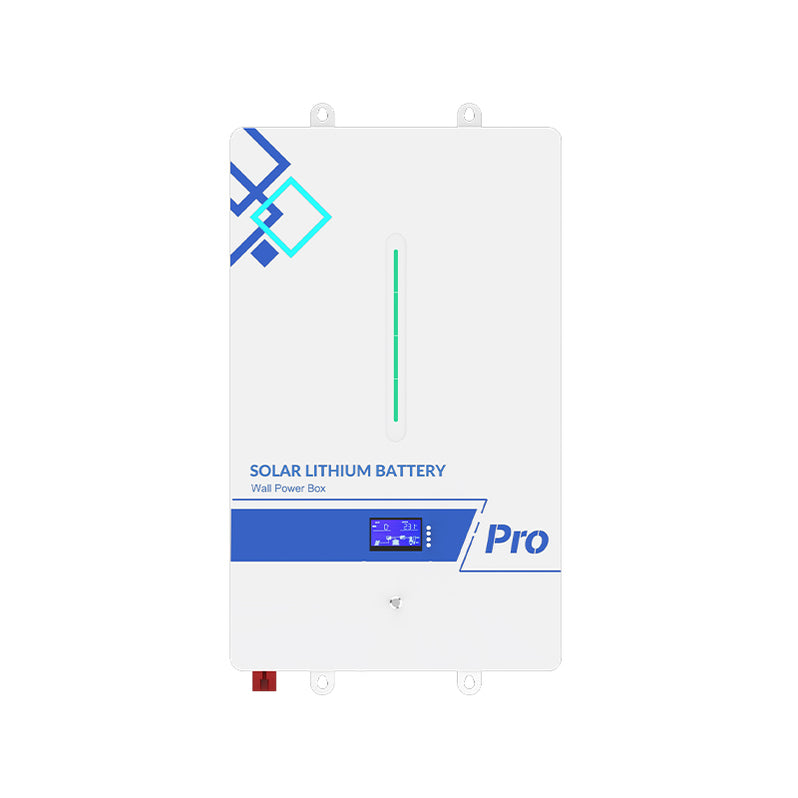Unlocking the Secrets of 48V Lithium-Ion Batteries: Why You Need to Know!
Lithium-ion batteries have become a cornerstone of modern technology, powering everything from smartphones to electric vehicles. Their high energy density, lightweight design, and ability to recharge quickly make them the preferred choice for many applications. Among the various configurations available, the 48V lithium-ion battery stands out for its versatility and efficiency. As the demand for renewable energy solutions and electric transportation grows, understanding the significance of 48V batteries becomes increasingly vital. This article delves into the intricacies of 48V lithium-ion batteries, covering their specifications, applications, and the myriad advantages they offer.

Understanding 48V Lithium-Ion Batteries
A 48V lithium-ion battery is a type of rechargeable battery that operates at a nominal voltage of 48 volts, making it ideal for various applications requiring efficient energy storage and delivery. These batteries are composed of multiple cells connected in series and parallel configurations, allowing them to achieve the desired voltage and capacity. The basic components include the anode, cathode, separator, electrolyte, and battery management system (BMS). The BMS is crucial as it monitors the battery's health, ensuring optimal performance and safety. The 48V specification is significant, particularly in energy storage systems where it strikes a balance between high efficiency and manageable energy delivery, making it a popular choice in sectors like electric vehicles and renewable energy storage.
Specifications of 48V Lithium-Ion Batteries
When considering a 48V lithium-ion battery, several technical specifications come into play. Key metrics include voltage, capacity (measured in ampere-hours), cycle life, charge and discharge rates, and thermal management capabilities. Typically, a 48V battery can have a capacity ranging from 20Ah to 200Ah or more, depending on the design and application. The cycle life, which indicates how many charge-discharge cycles the battery can undergo before its capacity significantly diminishes, often exceeds 2,000 cycles. Charge and discharge rates are crucial, as they determine how quickly the battery can be charged or deliver power. Effective thermal management is essential to ensure safety and longevity, as excessive heat can lead to performance degradation. Understanding these specifications is vital for users to select the right battery for their needs and ensure long-term satisfaction.
Applications of 48V Lithium-Ion Batteries
The 48V lithium-ion battery finds applications across a broad spectrum of industries. In the electric vehicle sector, these batteries provide the necessary power for hybrid and full-electric models, offering a balance between performance and efficiency. A friend of mine recently switched to an electric bike powered by a 48V battery, and she has been amazed by its range and performance. Beyond transportation, these batteries are integral to renewable energy systems, such as solar power setups, where they store energy generated during the day for use at night. Additionally, they power portable electronics and tools, providing a reliable energy source for everything from power tools to camping equipment. The adaptability of 48V lithium-ion batteries makes them an essential component in today's technology-driven world.
Advantages of 48V Lithium-Ion Batteries
One of the standout benefits of 48V lithium-ion batteries is their efficiency. Compared to traditional lead-acid batteries, lithium-ion options are lighter, have a higher energy density, and tend to last significantly longer. This longevity translates to reduced waste and lower replacement costs over time. Environmental impact is another crucial advantage; lithium-ion batteries can be recycled, contributing to a more sustainable future. Furthermore, the weight advantage of 48V systems allows for more compact designs in applications like electric vehicles and portable electronics, enhancing overall performance. When compared to other battery types, such as nickel-metal hydride (NiMH), 48V lithium-ion batteries demonstrate superior charge retention and faster charging capabilities, making them a favorite among manufacturers and consumers alike.
Final Thoughts on 48V Lithium-Ion Batteries
In summary, the 48V lithium-ion battery represents a significant advancement in energy storage technology. By understanding its specifications, applications, and advantages, consumers and industries alike can make informed decisions about how to integrate these powerful batteries into their systems. As the world continues to move towards cleaner energy and electric solutions, the relevance of 48V lithium-ion batteries will only grow, making it essential for everyone to understand their potential. Whether you're considering an electric vehicle, renewable energy storage, or simply seeking reliable portable energy, the 48V lithium-ion battery is an option worth exploring.








